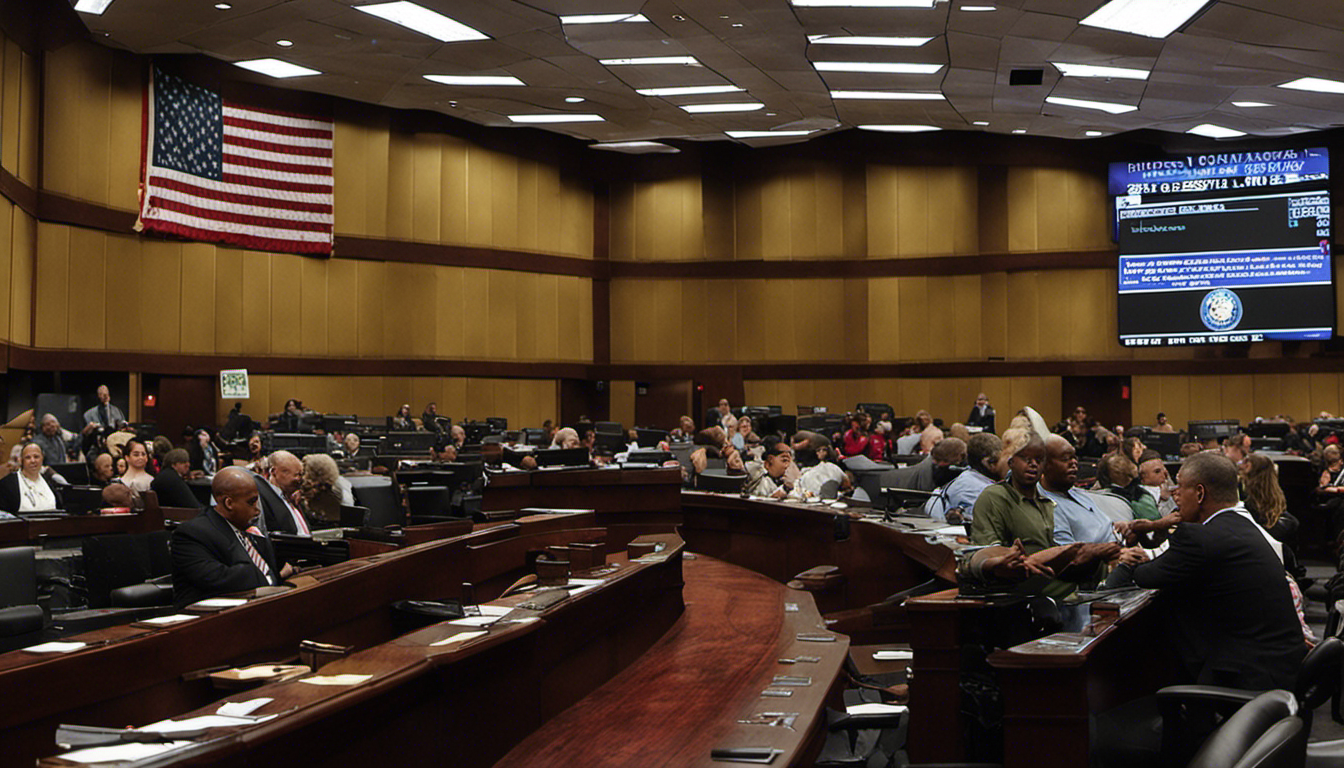Florida Lawmakers Block Medical Marijuana Expansion Bills, Including One for Free Registration for Military Veterans
Despite passing unanimously in the House of Representatives, a bill to exempt military veterans from medical marijuana patient ID card registration fees has stalled in the Florida Senate. The bill, HB 555, was one of several medical cannabis-related measures withdrawn or postponed without a vote.
The bill, sponsored by Rep. Alex Andrade (R), would have changed the state’s medical cannabis program by allowing patients to renew their ID cards every two years instead of annually, and waiving the $75 registration and renewal fees for veterans. However, the Senate indefinitely postponed the bill and withdrew it from consideration without a vote.
Other bills that were set aside without a vote include proposals to allow patients to cultivate their own marijuana at home, expand the list of qualifying conditions for the program, and protect employment and parental rights of people who use medical cannabis.
Kevin Caldwell, Southeast legislative manager for the Marijuana Policy Project (MPP), said that the lack of progress on cannabis policy reform in Florida is disappointing, but not surprising. “It has been a dismal session for cannabis policy reform in Florida,” he said. “There were a plethora of good cannabis policies submitted for debate, but as has been the case in most legislative sessions in the past few years, the legislature simply doesn’t want to even talk about cannabis policy.”
Caldwell also noted that the withdrawal of HB 555 was a disappointment, as it had the potential to make significant changes to the state’s medical cannabis program. “Both of those proposed changes are great ideas, even if they might be too much for legislators,” he said.
Florida lawmakers have also passed a new law that tightens requirements around citizen-initiated measures, making it more difficult for advocates to put legislative proposals before voters. The law requires supporters to post a $1 million bond before commencing signature gathering, prohibits the use of out-of-state and non-citizen petitioners, and narrows the window during which signatures must be submitted to election officials.
The new obstacles to placing a proposal on the statewide ballot come on the heels of two contentious constitutional amendments that went before voters last year, including one that would have legalized marijuana for adults 21 and older. The campaign for the marijuana measure, Smart & Safe Florida, took in more than $150 million in campaign funds, but ultimately failed to win the 60 percent voter support needed to pass a constitutional amendment.












